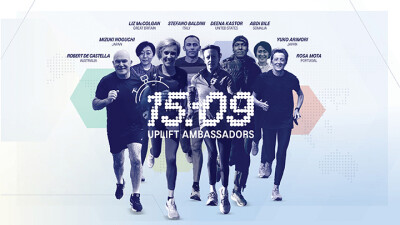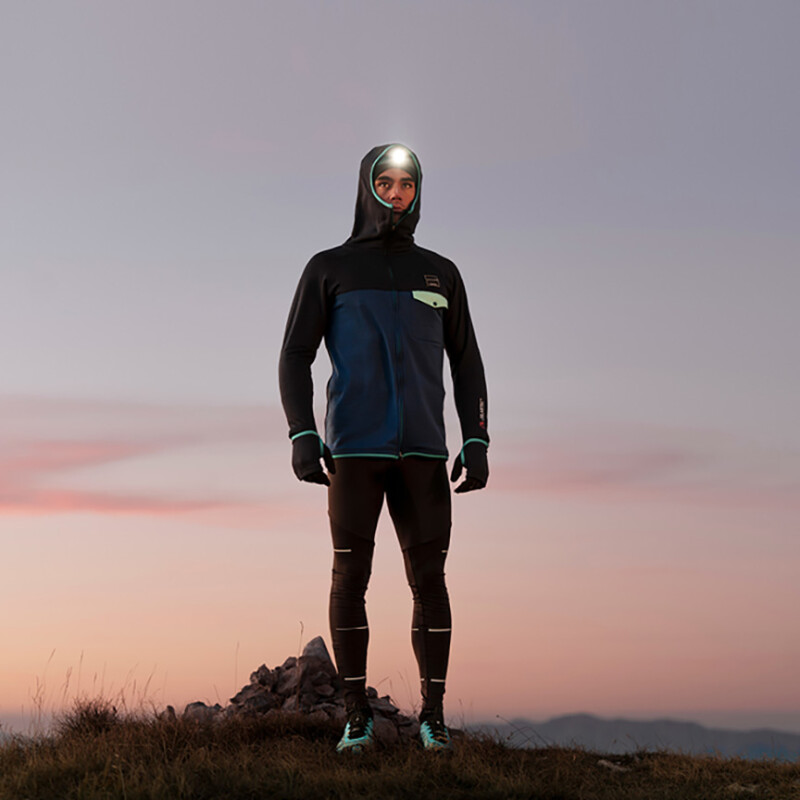Come on, it only takes 15 minutes of exercise – any kind of exercise, whether it’s running, walking or working out – for a better state of mind. Fifteen minutes and nine seconds, to be exact, according to the results of ASICS’ inaugural global State of Mind Index.
The bottom line: There is an undeniable and direct positive link between exercise and mental health.
Unfortunately, the study also uncovered the worrying potential impact of lower levels of activity in younger generations.
The global study, which tracked the mental state of 37,000 people from 16 countries, found that people who move the most have a higher of what ASICS labels a “State of Mind” score. Active individuals have an average State of Mind score of 68/100, in relation to just 56/100 for those that are inactive.
Among the other findings:
• There are dramatic differences in physical activity between generations, with older generations (those aged 57-plus) moving almost one hour (53 minutes) more on average than Gen Z across the span of a week. This in turn is shown to have a big impact on each group’s collective State of Mind score.
• The study found that 54 percent of the global older population is active and feels uplifting benefits, reporting an average State of Mind score of 67/100. In contrast, just 45 percent of the global Gen Z (aged 18-24) population are currently active and, as a result, have a considerably lower average State of Mind score than their older counterparts of 59/100.
• The local data for the U.S. also showed a positive link between movement and mental health, with active individuals on average scoring 65/100 in relation to just 50/100 for non-active individuals. It was also consistent with global data in revealing the older generation is more active and has a higher State of Mind score (55 percent active with average SOM score of 67/100) compared with those in Gen Z (just 45 percent active with average SOM score of 49/100).
The study also interestingly found that while people perceive 30 minutes as the minimum amount of exercise required to experience the uplifting impact of movement, the research indicates that just 15 minutes and nine seconds of movement is all it can take to begin feeling the mood-boosting effects.
The 15-Minute Effect
“There is a common perception that you need to move for a long time to experience the uplifting benefit,” explains Dr. Brendon Stubbs, an exercise and mental health researcher from King’s College London who led the study. “However, our new research indicates this is not the case — just over 15 minutes of movement is actually all it can take to experience the positive impact.”
Adds Tomoko Koda, managing executive officer and senior GM–marketing at ASICS: “It has long been our belief that sport has the power to uplift both an individual and the world like nothing else. While the results of our global State of Mind Index indicate just how intrinsic the link between regular movement and positive mental well-being is, they also show the potential impact a small amount of movement could have in raising the world’s collective State of Mind.”
As a result, ASICS has issued a 15:09 Challenge, which calls on people to move and in doing so experience the all-important benefits first-hand.
To recognize the unique findings of the ASICS Uplift Study, ASICS will host a 15:09 Uplift Challenge throughout the month of June. It will be led by brand ambassadors around the world, including Deena Kastor in the U.S.






